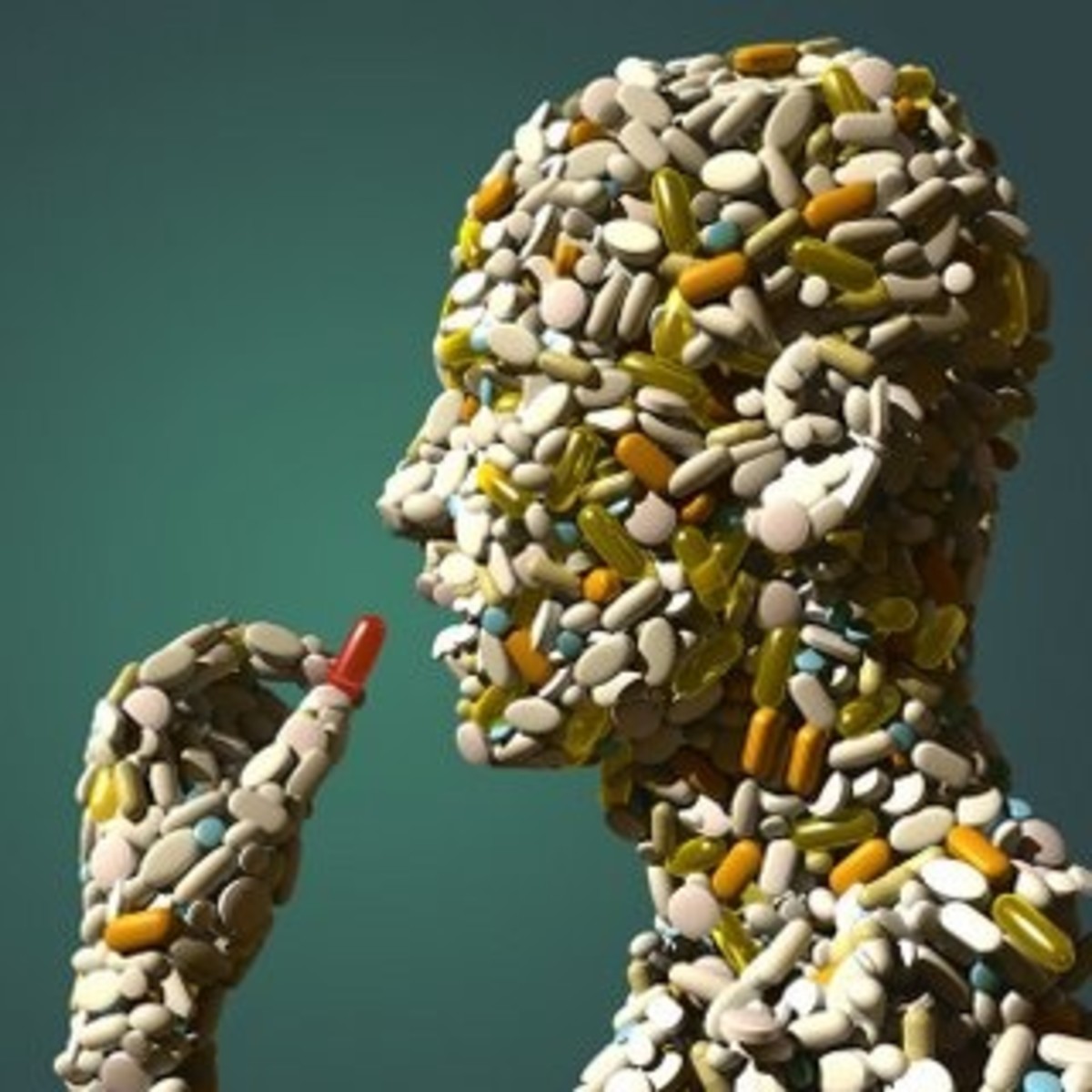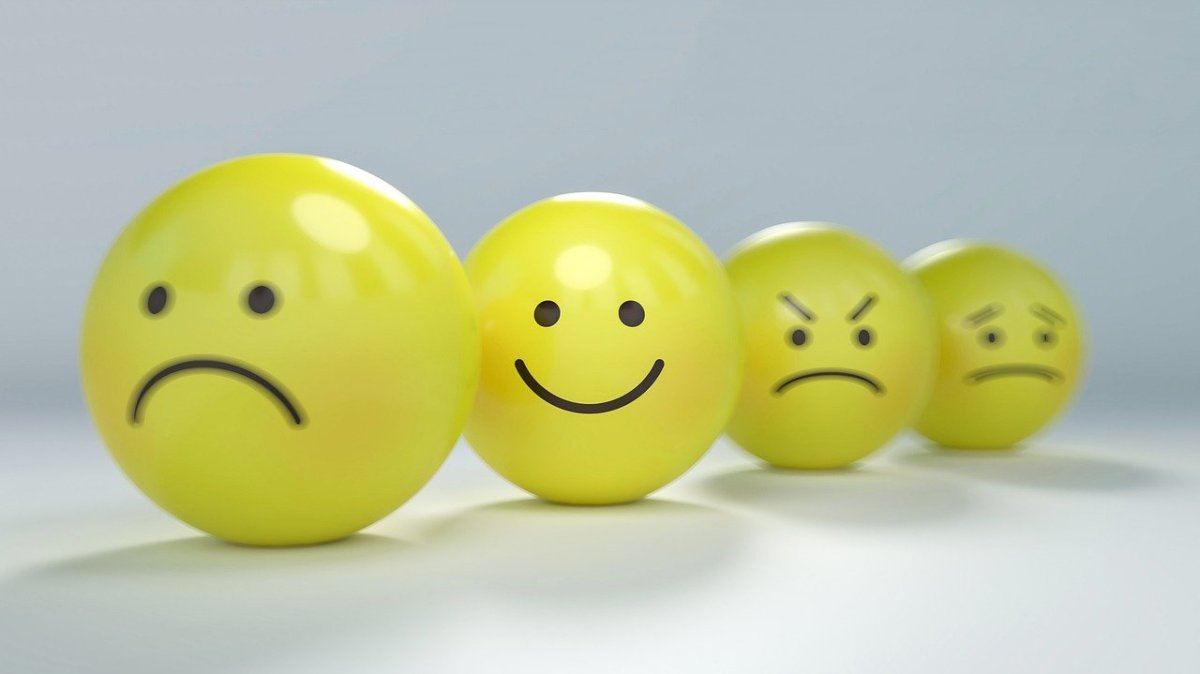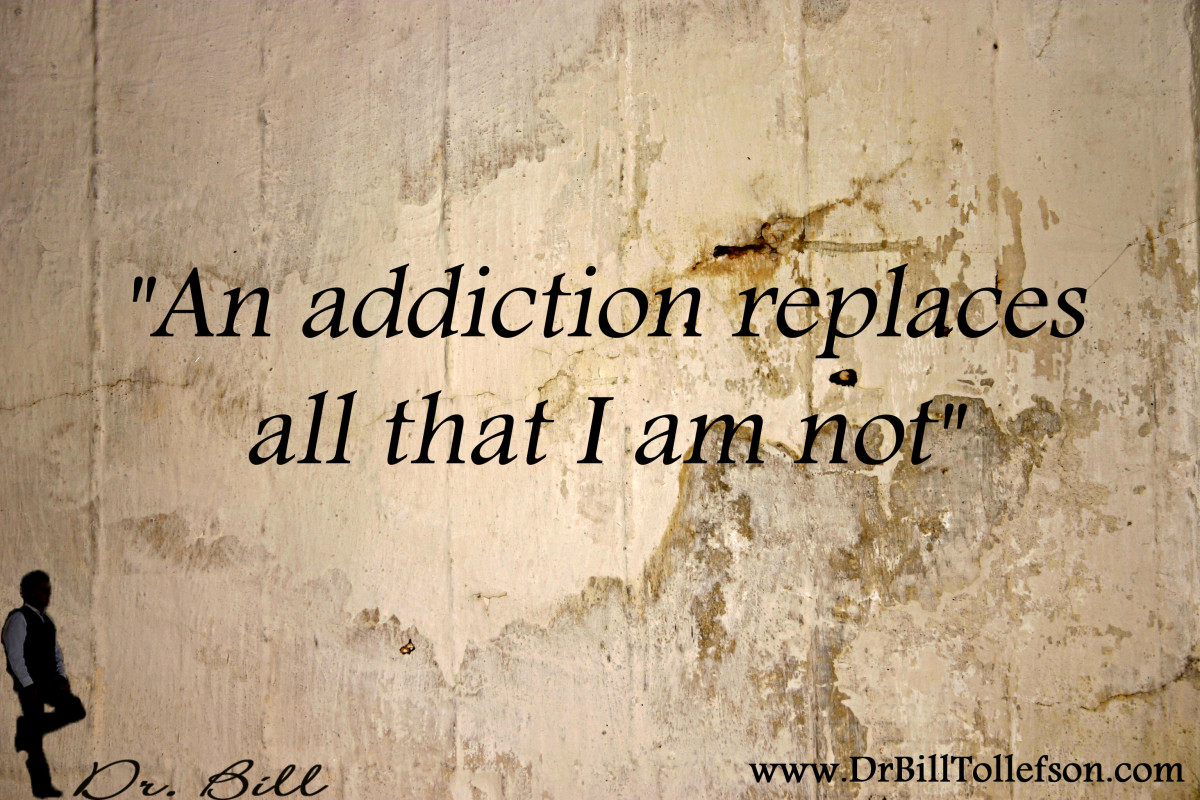Weighing the Options with Substance Use

We are all substance users. The way we use a particular substance at a particular time can be classified into one of four categories of substance use: use, misuse, abuse or dependence. Understanding the category of our use can help us make a logical decision about how to respond to our use. We can continue to use, change the way we use, or stop using.
Four Categories of Use




Use
Substance use refers to any use of a legal substance. This would include moderate alcohol use and use of prescription medications as directed. It includes caffeine and nicotine. It includes over the counter medications. It could even include sugar and other "comfort" foods. It would not include any use of illegal substances, since the use of an illegal substance is misuse.
Three Ways to Respond

Misuse
Substance misuse refers to any use of illegal substances. It includes any misuse of prescription drugs; taking more or less than prescribed, stopping a medication without consulting with a doctor, taking an old prescription that is no longer prescribed, taking someone else’s prescription, or giving someone your prescribed medication. Taking left over antibiotics to ward off a cold six months after it was prescribed is misuse.
Use of more than four alcoholic drinks on any one occasion is misuse. Regular use of more than four drinks is a binge using pattern and is substance abuse.
Overeating can be a misuse of food. Quite possibly regular binge eating of "comfort foods" for the mood altering effect could be classified as abuse. More severe eating disorders do take on an addictive quality.
I will limit the following discussion on abuse and dependence to mood altering substances that are likely to be misused initially because of their mood altering effect. When we like the way a drug effects us, we are likely to repeat its use. If we dislike the effect, we will avoid using the substance. This is the way substance abuse and dependence begins. Some substances are more addictive than others and any repeated use of an addictive substance over time can result in abuse and dependence. If a person already has some genetic risks or is emotionally vulnerable, the likelihood of developing dependence increases. If we are aware of the risks of developing substance abuse and dependence, we will want to avoid misusing mood altering substances.
Abuse
Substance abuse is defined as the continued use of a substance in spite of negative consequences. Consequences can be legal, such as a DUI, possession or disorderly conduct charge. Consequences can include health problems, injuries, memory impairment, financial, occupational, academic, social, relational, emotional, mood, or family/marital problems. Consequences could be reduced functioning in a major life area, such as work, school, home, or self care. Consequences of substance abuse can include acting against your better judgment or values, such as sexual promiscuity or extramarital affairs. Consequences can also include putting oneself or others in danger while using; by operating dangerous machinery, motor vehicles or recreational vehicles while coordination is impaired, or by demonstrating high risk taking behaviors while judgment is impaired. Regular use of more than four alcoholic drinks is abuse due to the impairing effects of alcohol on health and judgment.
Dependence
Substance dependence can be sub-categorized into physical and psychological dependence. A person is dependent on a substance if he or she has three or more of the seven symptoms of dependence shown below. If a person has two of the first three symptoms, he or she is physically dependent. If a person has one of the first three symptoms and two or more of the other symptoms, he or she is psychologically but not physically dependent. A person who is physically dependent needs to use to feel normal and to avoid withdrawal symptoms. A person who is psychologically dependent thinks he needs to use but really doesn’t. There is little difference in the strength of a craving or the drug seeking behaviors of a person who really needs to use and one who thinks he needs to use! So the distinction is usually moot.
Symptoms of Substance Dependence:
- withdrawal – feeling of discomfort when substance levels decrease;
- tolerance – needing more of the substance to get the same effect, or not getting the same effect from the same amount of the substance.
- loss of control – using more of a substance then intended or over a longer period of time than intended.
- occupation of time – a great deal of time spent preparing to use, using and recovering from use.
- loss of activities – no longer engaging in social, recreational or occupational activities due to use.
- negative consequences related to use
- attempts to stop or control use
Understanding the category of our use can help us make a logical decision about how to respond to our use. That being said, a person in active addiction is not capable of making a logical decision due to the effects of the substance on the brain and addictive thinking patterns that have developed. When an addicted person is able to gain some sobriety and the grip of addiction loosens, he can begin to glimpse the logic, and with help can hold onto it. With that in mind, let’s begin to weigh the options and examine the alternatives.
In the case of substance dependence, the only real option is to stop use and learn to maintain abstinence. By definition, a person who is dependent is not able to use the substance without losing control and is not able to stop use without a great deal of struggle and a lot of help. A person with substance dependence who continues to use will ultimately meet death, insanity or imprisonment.
A person who abuses substances can choose to continue their use and continue to experience the consequences of their use, change their pattern of use, or stop using altogether. Some people who abuse substances learn responsible drinking patterns and are able to use responsibly without abusing substances. Some choose to stop using altogether because of the consequences or in order to meet responsibilities more consistently. Some people continue to abuse substances. Studies have shown that 1/3 of substance abusers stop using, 1/3 change their pattern, and 1/3 continue to abuse. Of those who continue to abuse, 1/3 go on to develop dependence.
Any person who is taking an addictive substance is in danger of developing a substance abuse or dependence problem if they use enough of the substance over a long enough period of time, even if that substance is prescribed. Any changes in use or concerns about use should be discussed with a doctor. The most commonly prescribed medications that are addictive or habit forming are pain and anxiety medications. Often a person survives a life threatening illness only to face an addiction problem. Suddenly stopping use of pain and anxiety medications can lead to withdrawal symptoms. Withdrawal symptoms from anxiety medications can be life threatening. Withdrawal from pain medications, unless there are other complications is not usually life threatening but very uncomfortable. A doctor can help taper you off of these if needed.
One other pattern of use that has developed recently because of the increase in prescribed pain and anxiety medications is called “pseudo-addiction.” This means that the person seems to be drug seeking like a drug addict would, but they really are in need of an increased dose because the medication isn’t working to manage their pain or anxiety. The problems stop when the medication is adjusted.
We hear a lot about substance use problems with illegal substances and with alcohol, and lately with prescribed medications. It’s helpful to understand when substance use is and isn’t a problem, and what can be done to solve the problem. The definitions and descriptions above can be used as a tool to assess your own use and determine if help is needed.








